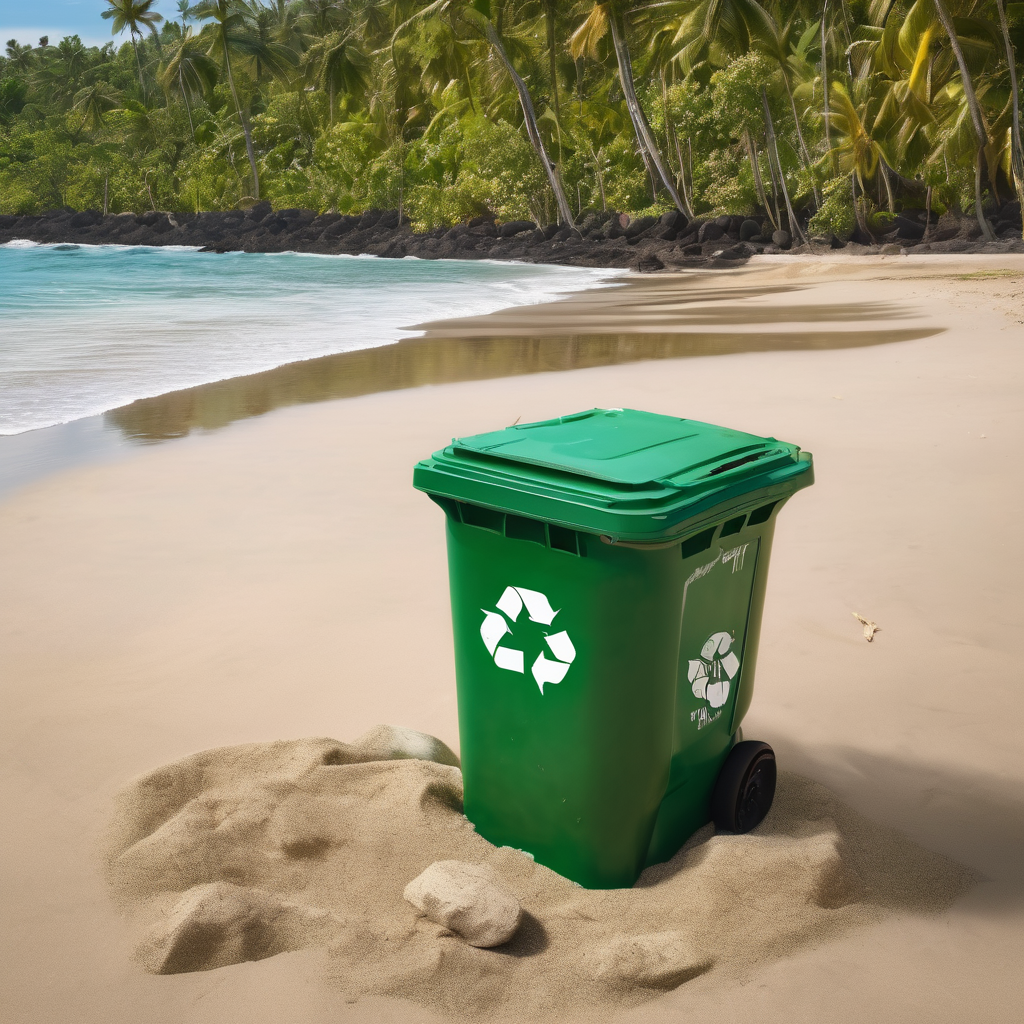Fiji is grappling with a significant waste management challenge as the nation produces nearly 200,000 tonnes of waste annually, most of which ends up in landfills. Recent data from the Fiji Bureau of Statistics highlights that in 2024, the country recorded 199,263 tonnes of waste, showing an increase of approximately 8,900 tonnes from the previous year. The bulk of this waste originates from households, while industries such as manufacturing, transport, retail, and food services are also major contributors.
The data reveals that over 144,000 tonnes of the waste are disposed of in landfills, around 54,000 tonnes are incinerated, and only a meager 477 tonnes are recycled. These figures provide insight into Fiji’s ongoing waste problem, emphasizing the urgent need for improved waste management and recycling initiatives.
Historically, it has been highlighted that only about 0.2% of Fiji’s waste is recycled, underscoring the critical demand for better waste management strategies. The National Development Plan sets ambitious targets for recycling, aiming to significantly increase the amount of waste managed by municipal councils. However, the slow progress in recycling efforts poses a challenge.
The increase in waste is partly attributed to changing consumption patterns and economic activities that result in more waste generation, even in rural areas. Such trends necessitate the development of robust waste management strategies to accommodate the country’s growth.
Efforts are underway to enhance waste management through new regulations like the Container Deposit Regulation and expanding recycling infrastructures. The Pacific Recycling Foundation (PRF) and Waste Recyclers Fiji Limited have made significant strides, diverting over 2,670 tonnes of recyclables from the Naboro landfill and other dumpsites. These initiatives, in collaboration with various sectors, reflect a hopeful path toward environmental sustainability.
For effective change, Fiji must focus on comprehensive solutions that address the root causes of its waste management crisis, such as changing mindsets and behaviors at all levels of society, improving recycling infrastructure, and increasing accountability. The ongoing collaboration among government, businesses, and communities is essential to build a more sustainable future, enhancing public awareness and participation in recycling and waste management activities.
Overall, while challenges remain, Fiji is moving towards better waste management solutions, offering optimism for significant environmental improvement through sustained efforts and innovations.
